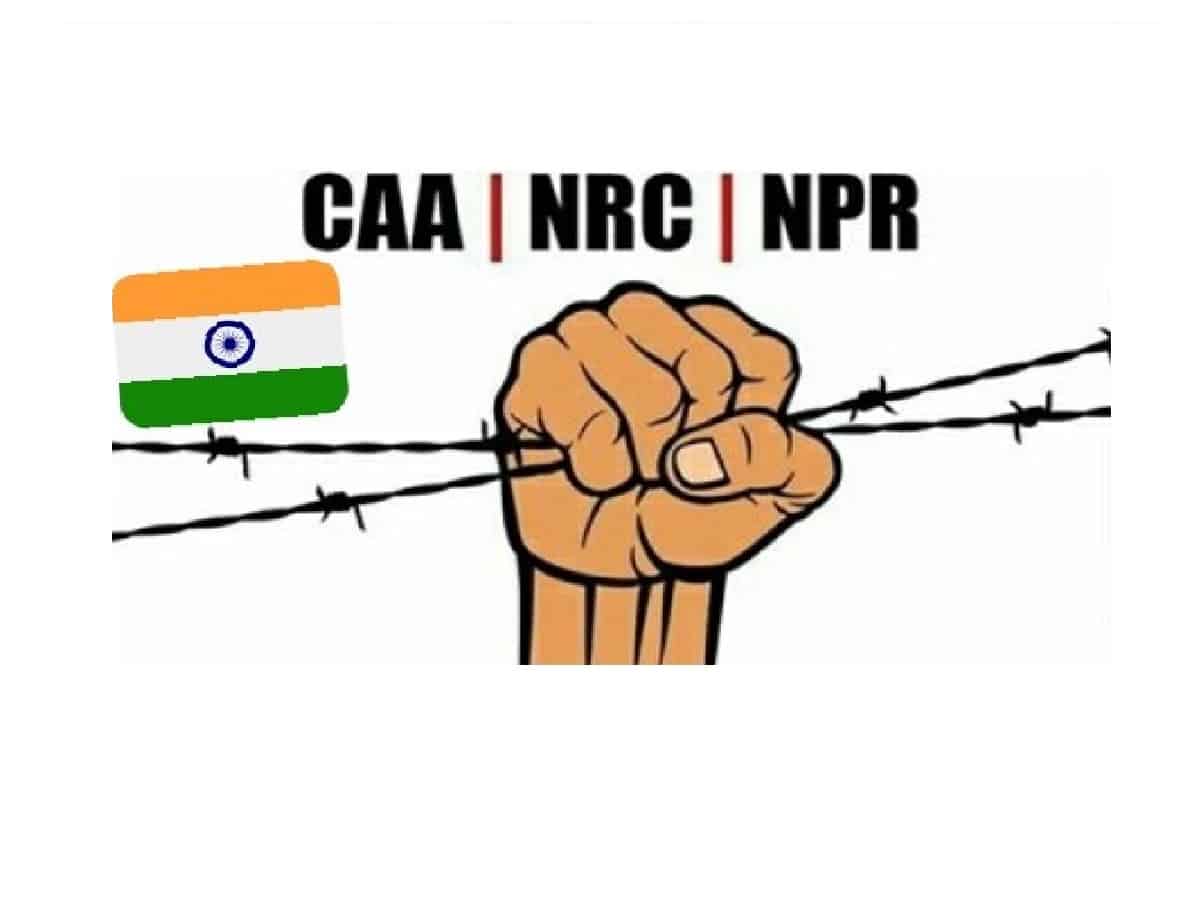Mumbai: With the passing of a resolution for non-cooperation with the implementation of the Citizenship Amendment Act (CAA), National Registry of Citizens (NRC) and the National Population Register (NPR), Islak, a small village on the outskirts of Ahmednagar in Maharashtra will become the first village Panchayat to make the unique move.
Interestingly, not a single Muslim resides in the village which has a population of around 2,000. The village has predominantly tribal population. After the locals voiced concerns over lack of documents, the ‘gram panchayat’ local body took the step to pass the resolution.
NDTV quoted Amol Shinde a village official as saying, “On 26th January, one of our residents proposed this move as they do not have any documents and even their fathers and grandfathers did not have documents. They will never be able to provide documents to prove their citizenship as these are old documents that are required. These people don’t even get the benefits of government schemes because they don’t have documents.”
Residents of the village have been raising the issue of lack of documents with the government for the last three or four years but in vain. Due to lack of documents, they have no access to government schemes. Worried over one more burden to prove their citizenship, village decided to pass this resolution.
Mahadev Gavali, a gram panchayat member said, “This is a small village with 2000 people and of them 700-800 people those who are from the Adivasi community. They have lived here for generations but they do not have documents. When they can’t even avail benefits of government schemes how will they prove citizenship?”
Saying that the powers of the gram panchayat are enshrined in the laws of the country, the villagers have decided to not cooperate with the implementation of the Citizenship Amendment Law.
Gram Panchayat member Yogesh Garge asserted, “We have decided what we will do when it comes to the NPR, NRC law. Now the onus is on the citizen to prove his citizenship. Citizenship on the basis of documents is impossible for the backward communities and we have sent our message to the Central Government through the district administration.”

